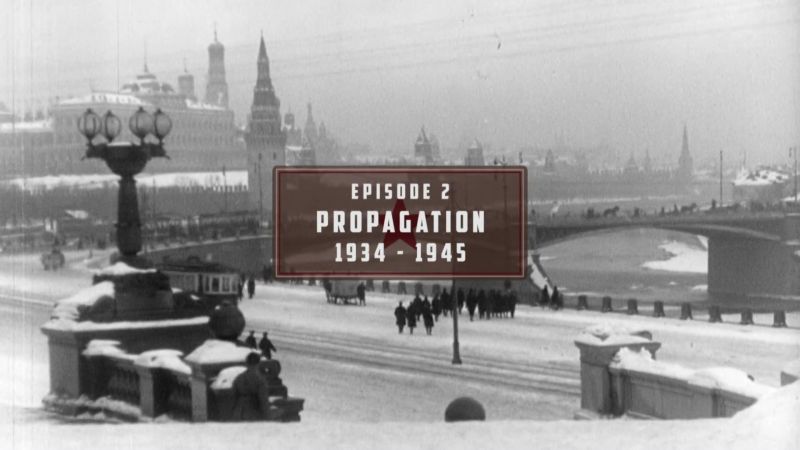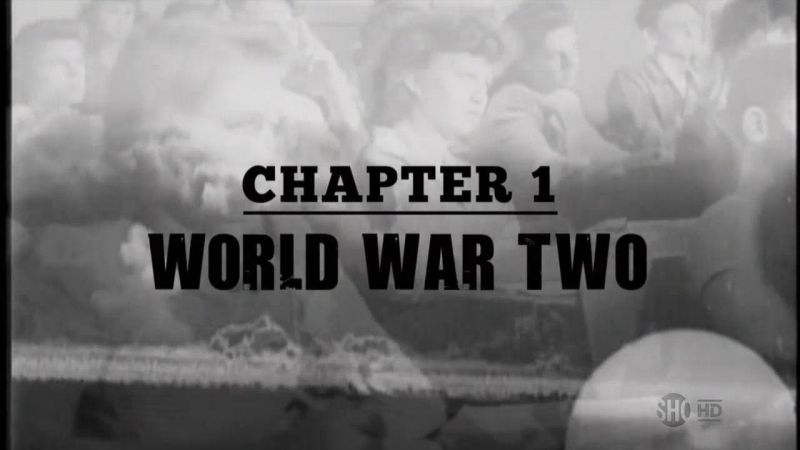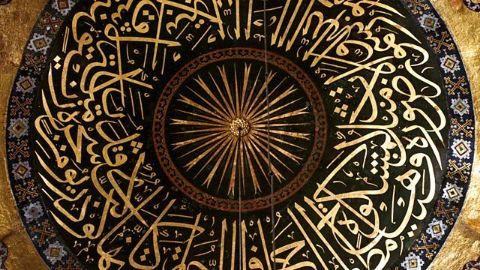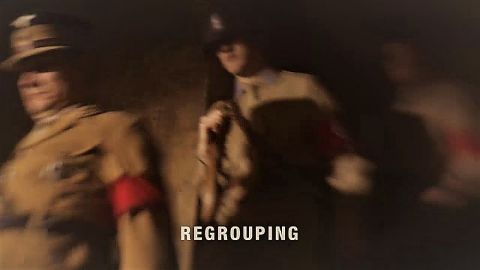Part 3: Peak and Death: The Gulag's peak and decline (1945-1957) • 2019 • episode "S1E3" • Gulag: The Story
At the end of the 1950s, populations of the newly occupied territories of the East and intellectuals remained two categories particularly suspected of anti-Sovietism. Subjected to exhausting tasks like men, women, including many war widows condemned to heavy sentences for petty food pilfering, now represent a quarter of the zeks. Nearly 2 million detainees, many of them on the very edge of survival, are still crammed into the camps. Little by little, these appalling living conditions cause the economic profitability of the Gulag to drop. On March 5, 1953, after Stalin's death, a million releases were announced. In 1956, Khrushchev, exonerating himself from his responsibility, however undeniable, denounced the crimes of Stalinism, provoking an immense shock wave in the world.
Make a donation
Buy a brother a hot coffee? Or a cold beer?
Hope you're finding these documentaries fascinating and eye-opening. It's just me, working hard behind the scenes to bring you this enriching content.
Running and maintaining a website like this takes time and resources. That's why I'm reaching out to you. If you appreciate what I do and would like to support my efforts, would you consider "buying me a coffee"?
Donation addresses
BTC: bc1q8ldskxh4x9qnddhcrgcun8rtvddeldm2a07r2v
ETH: 0x5CCAAA1afc5c5D814129d99277dDb5A979672116
With your donation through , you can show your appreciation and help me keep this project going. Every contribution, no matter how small, makes a significant impact. It goes directly towards covering server costs.








